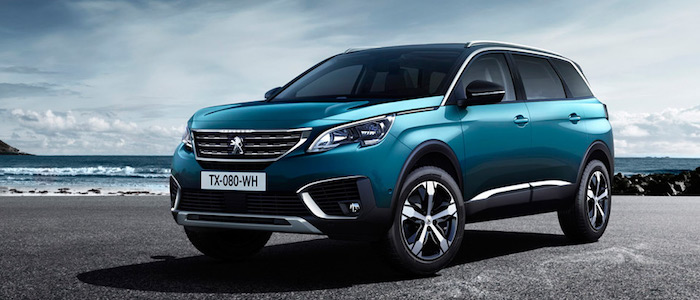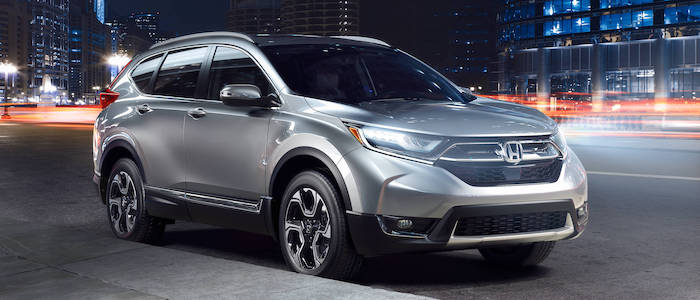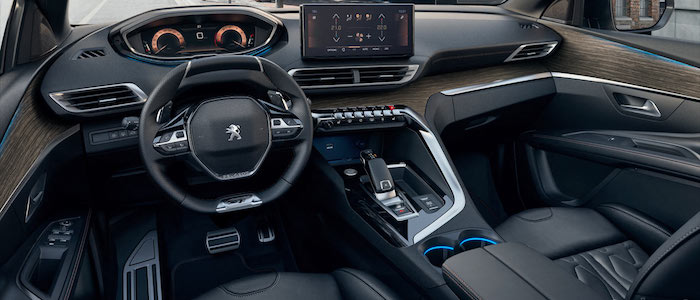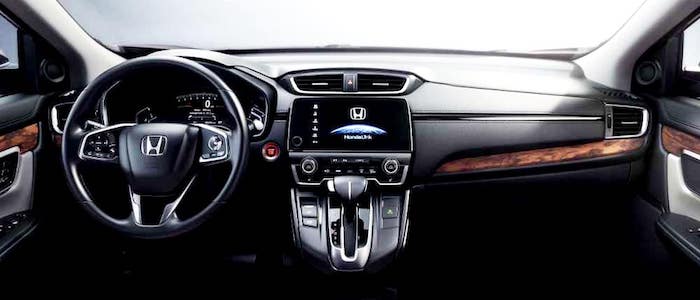Compare two cars
Compare any two cars and get our Virtual Adviser™ opinion
Dimensons & Outlines
Check vehicle history
Engine
Performance (manual gearbox)
Performance (automatic gearbox)
Expenses
Virtual Adviser's™ opinion
Well, these are two pretty similar cars we have here! It's only details that could potentially make the difference. Considering they both belong to the suv segment and utilize the same 5-door suv body style and the front wheel drive system, it all comes up to the specific diesel engine choice they offer. The first one has a Peugeot-engineered powertrain under the hood, a 4-cylinder, 8-valves 120hp unit, while the other one gets its power and torque from a 4-cylinder, 16-valves 120hp engine designed by Honda.
SafetyThe first thing to look into here would be the results from European New Car Assessment Programme (Euro NCAP) tests performed on the two cars. Good thing is that both vehicles got tested, with the same number of safety stars gained in the process. That aside, let's consider some other aspects which affect safety. Both vehicles belong to the suv segment, which is generally a very good thing safety-wise, still it doesn't help us solve our dilemma, does it? On the other hand, taking kerb weight as an important factor into account, the Japanese car offers a considerable difference of 18% more metal.
ReliabilityReliability is not the best thing to consider on the make level, but it is worth mentioning that Honda does have a slight advantage, at least on all of the models level. These are the results of an independent reasearch, while our visitors describe reliability of Peugeot with an average rating of 4.3, and models under the Honda badge with 4.7 out of 5. Unfortunatelly, I don't have enough insight that would allow me to comment in more details on the specific models level. That apart, owners of different cars powered by the same engine as the French car rank it on average as 4.3, while the one under the competitor's bonnet gets 4.9 out of 5.
Performance & Fuel economyHonda is a bit more agile, reaching 100km/h in 0.2 seconds less than its competitor. Still, it lacks the power to win the top speed competition, topping at 182 kilometers per hour, 6km/h less than the other car. When it comes to fuel economy things look pretty much the same for both cars, averaging around 4.3 liters of fuel per 100 kilometers (66 mpg), in combined cycle.
Verdict
Honda appears just a bit more reliable, although the difference is truly marginal. The most important thing when deciding between any two vehicles should always be safety, both passive and active. In my opinion, everything taken into account, the Japanese car offers significantly better overall protection, taking the lead here. When it comes to performance, both vehicles provide similar experience, so I wouldn't point any of them out. the French car still consumps less fuel, which needs to be taken into consideration. It's really tough to make a final decision here, but if I'd need to, I'd say Honda. Nevertheless, let's not forget that people have different preferences and needs, so what really counts is your personal feel. I'm only here to help. I suggest you spend two more minutes in order to find out which car, based on your needs and budget, would be picked by the virtual adviser™, among more than 12.000 different ones in our database.

































